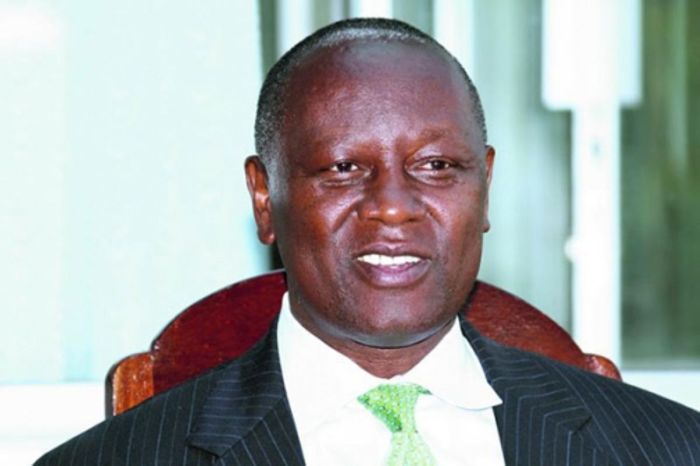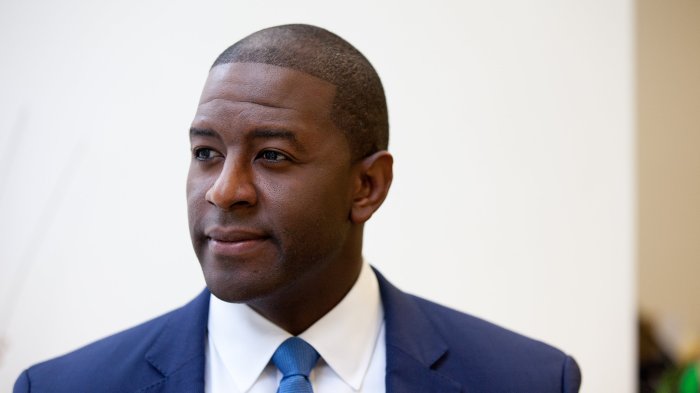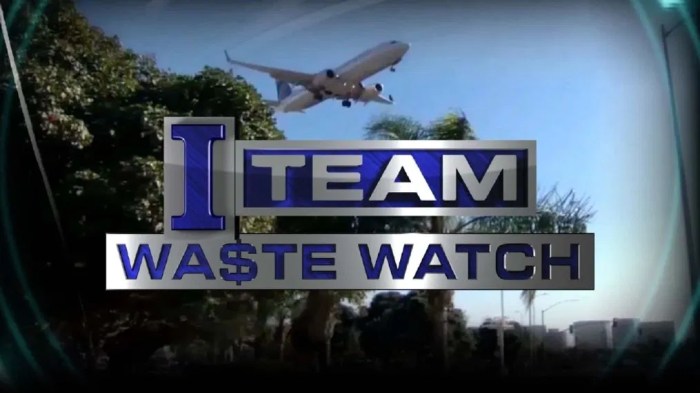Going on extravagant trips as a politician might raise ethical concerns, financial implications, and public perception issues. This essay delves into the complex relationship between politicians’ travel habits and their responsibilities to the public.
The ethical implications of such trips include potential conflicts of interest and the erosion of public trust. Moreover, the financial costs associated with these trips can be significant, raising questions about the allocation of public funds.
Ethical Considerations

Politicians taking extravagant trips raises ethical concerns due to the potential for corruption and conflicts of interest. These trips can provide opportunities for undue influence from special interests and create the perception of elitism, damaging public trust and the integrity of the political process.
Corruption and Conflicts of Interest
Extravagant trips can create situations where politicians are beholden to those who provide them with lavish accommodations, transportation, and entertainment. This can compromise their ability to make unbiased decisions and may lead to corruption, where politicians prioritize the interests of their benefactors over the public good.
Impact on Public Trust
When politicians indulge in extravagant travel, it can erode public trust in their integrity and commitment to serving the people. The perception of elitism and detachment can alienate voters and make it difficult for politicians to connect with their constituents.
Financial Implications
Extravagant trips impose significant financial burdens on taxpayers and can divert resources from essential public services. The costs associated with these trips include airfare, luxury accommodations, transportation, and entertainment expenses.
Financial Costs
- Airfare: Politicians often travel on private jets or first-class seats, incurring exorbitant costs compared to commercial airlines.
- Luxury Accommodations: Extravagant trips often involve staying in five-star hotels and resorts, adding to the overall expenses.
- Transportation: Ground transportation, such as limousines or chartered buses, further contributes to the financial burden.
- Entertainment Expenses: Lavish dinners, receptions, and other entertainment activities can significantly increase the cost of these trips.
Alternative Allocation of Funds
The funds spent on extravagant trips could be better allocated to critical public services such as healthcare, education, infrastructure, or social welfare programs, benefiting a broader segment of society.
Public Perception

The public’s perception of politicians who take extravagant trips is overwhelmingly negative. This perception stems from the belief that politicians should be accountable to the people they serve and should not indulge in lavish expenses.
Reasons for Negative Perception
- Elitism: Extravagant trips create the impression that politicians are out of touch with the financial struggles of ordinary citizens.
- Waste of Taxpayer Money: The public resents the use of taxpayer funds for personal luxuries.
- Lack of Accountability: Extravagant trips undermine the public’s trust in politicians’ commitment to transparency and accountability.
Consequences of Negative Perception, Going on extravagant trips as a politician might
The negative public perception of politicians who take extravagant trips can lead to:
- Loss of Electoral Support
- Damage to Political Reputations
- Reduced Public Confidence in Government
Impact on Policy
Extravagant trips can influence policy decisions by shaping politicians’ priorities and perspectives.
Influence on Priorities
Politicians who indulge in extravagant travel may prioritize policies that benefit their wealthy benefactors, neglecting the needs of ordinary citizens.
Influence on Perspectives
Lavish trips can expose politicians to a narrow worldview, limiting their understanding of the challenges faced by the majority of the population.
Examples of Policy Impact
- Tax Cuts for the Wealthy
- Deregulation of Industries
- Cuts to Social Programs
Alternative Approaches

| Extravagant Trips | Modest Travel Arrangements |
|---|---|
| Private Jets | Commercial Airlines |
| Five-Star Hotels | Budget-Friendly Accommodations |
| Limousines | Public Transportation |
| Lavish Dinners | Modest Meals |
- Cost Savings: Modest travel arrangements can significantly reduce the financial burden on taxpayers.
- Improved Public Perception: Politicians who choose modest travel options are perceived as more accountable and in touch with the public.
- Enhanced Policymaking: By reducing the influence of special interests, modest travel can promote more balanced and equitable policy decisions.
Case Studies: Going On Extravagant Trips As A Politician Might

Politician A
Politician A was caught taking multiple extravagant trips on private jets, staying in luxury hotels, and attending exclusive events. This behavior damaged their reputation and led to their defeat in the next election.
Politician B
Politician B opted for modest travel arrangements, flying commercial airlines and staying in budget-friendly accommodations. This approach earned them a positive public image and helped them secure re-election.
Lessons Learned
- Extravagant trips can have severe consequences for politicians’ careers.
- Modest travel arrangements can enhance public perception and support.
- Politicians should prioritize accountability and transparency in their travel practices.
FAQ Summary
Why do politicians go on extravagant trips?
Politicians may go on extravagant trips for various reasons, such as attending conferences, conducting diplomatic missions, or fundraising.
What are the ethical concerns associated with politicians’ extravagant trips?
Ethical concerns include potential conflicts of interest, the perception of elitism, and the erosion of public trust.
How do extravagant trips impact taxpayers?
Extravagant trips can burden taxpayers by diverting public funds from other essential services or increasing the national debt.